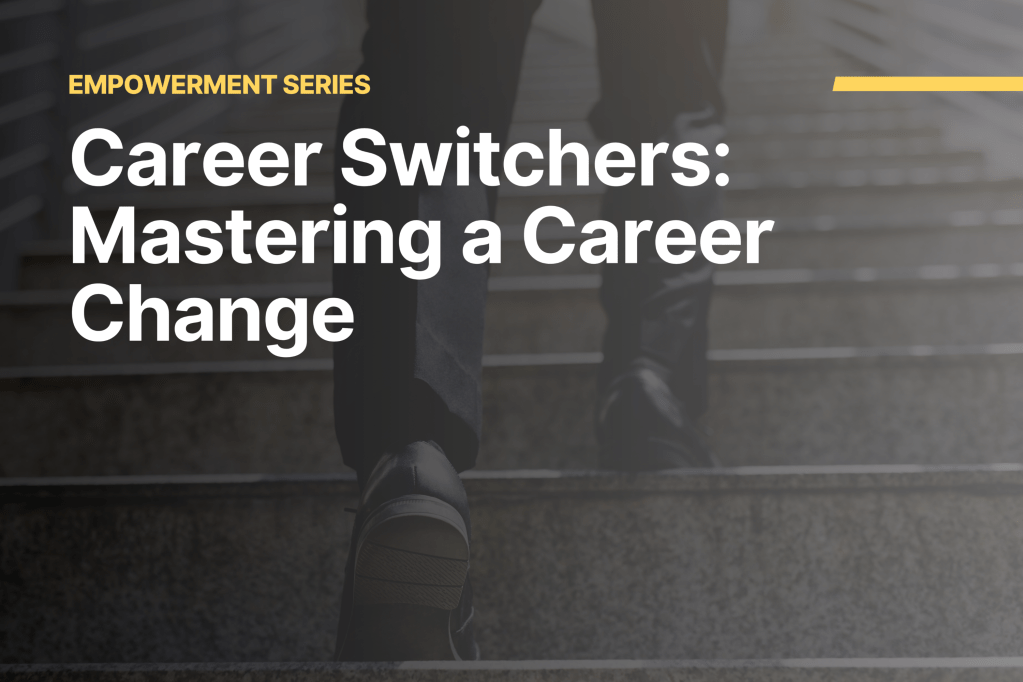Industry professional, Gayleah Richmond, is a school social worker for the Los Angeles Unified School District (LAUSD). As a licensed clinical social worker (LCSW), she has worked in everything from community mental health to private practice.
Richmond joined us for our webinar, Positioning Yourself for Success in Social Work, where she candidly shared her experiences in the field, what to look out for when entering her industry, and more. Below, we highlight some of the key takeaways and pieces of advice from the event.
On Trends in the Industry
In her own words
Telehealth has busted wide open. I was at an ethics training in 2018, where the speaker was this huge [popular] person from San Diego who said that telehealth is frowned upon…then boom! The pandemic hits. And guess what? Everyone is in telehealth right now.
We [social workers] are needed now more than ever. Even here at LAUSD, we have a lot of positions that still have not been filled for social work.
Master a Speciality and Do it Well
In her own words
Figure out what population you want to work with, whether that’s children, teens, adults, seniors, veterans…If you want to work with people who are incarcerated or formerly incarcerated, if you want to work with the homeless population—do something well. As a social worker, you’re trained in all these things, but once you find your niche – that’s it. Focus on that and do it well.
Know Your Own Limits and Needs
In her own words
Know your limits, be firm. Especially coming out of school, you know, you’re trying to really work hard and make a name for yourself, but you have to know your limits. You have to know when to cut it off.
I say, ‘You know what? These notes will be here today, tomorrow, and next week…’ Self care is really huge because, as a social worker, you hear a lot of terrible things that have happened to people. So, make sure you eat three meals a day, make sure you drink water, and you get enough sleep, because if you’re not okay, you can’t help anyone else.
You’ll Never Know it All
In her own words
You’ve got to dig a little deeper and should be continually trying to learn. So, if you work with a population that is different from your own race, take the time to learn what the do’s and don’ts of that culture [are]. And, not just by saying, ‘Oh, I work with three Latino clients, I know the whole Latino population.’ Diversity and inclusion is more than picking up a book and reading it. If you don’t know the clients that you’re working with, ask to get feedback from them, let them guide you.
Be True to Yourself and Others
In her own words
Perceive how you want to be perceived, but just know that each and every one of you is called to this field for a reason. They [clients] need people who look like them, who they can relate to. I am multifaceted because I’m used to meeting people where they are. That’s what being social means: to meet people. They [clients] don’t come to us when everything is going great, they come to us when they’re the most in need.
For more social work resources, visit the industry landing page.










